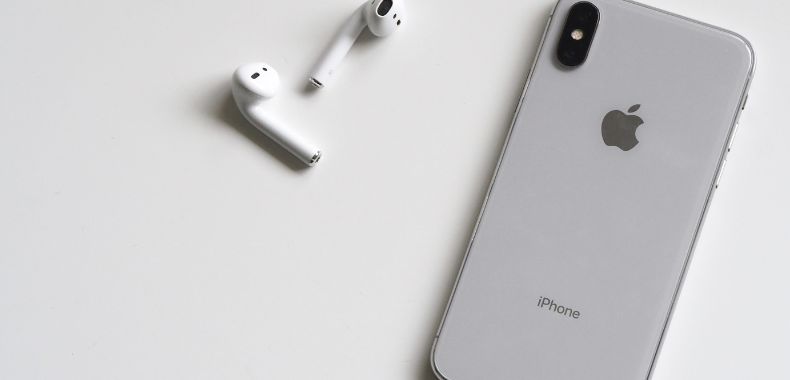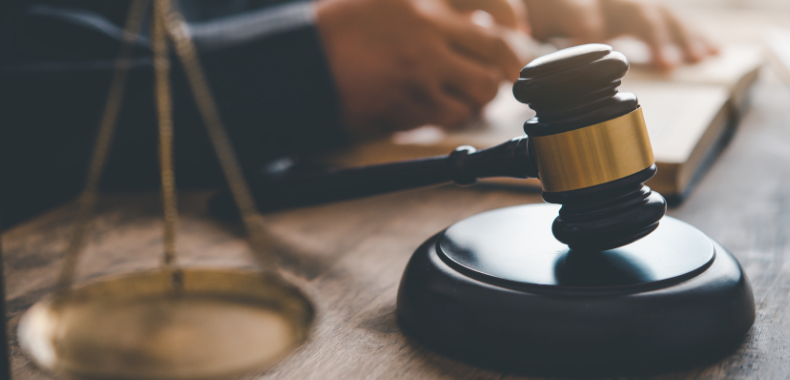The Brazilian Patent and Trademark Office (BPTO) granted to the Japanese company Yakult the registration of high renown for the three-dimensional trademark “YAKULT,” which represents the most globally recognized fermented milk bottle consumed daily by approximately 40 million people, according to information from the brand itself.
In light of this, we will explore the concept of a highly-renowned trademark and discuss the importance and benefits of such registration in Brazilian territory.
In Brazil, the trademark registration system plays a fundamental role in protecting the intellectual property rights of companies, and one of the special categories of trademarks is the “highly-renowned trademark,” which is granted to trademark with significant recognition and widespread notoriety among the general public.
In the specific case of Yakult, the Japanese company holding the registration obtained the status of “high renown” from the BRAZILIAN PATENT AND TRADEMARK OFFICE (BPTO), due to the high level of recognition, distinctiveness, and notoriety of the three-dimensional bottle representing their trademark among consumers and even among people who are not direct consumers of the product.

The registration granted to Yakult as a highly-renowned trademark provides the company with broader and more comprehensive protection against unauthorized or improper use of the trademark by third parties, thus preventing the dilution of the brand and safeguarding its reputation and market value throughout the national territory, even against identical or similar brands, regardless of the business sector.
Therefore, it can be concluded that the highly-renowned registration in Brazil offers its holder special protection and recognition to a trademark that achieves a high degree of recognition among the general public. This registration provides significant benefits, such as extensive protection against improper use concerning similar brands and also enhances the brand’s appreciation, strengthens its image among consumers, and ensures a strong position in the Brazilian market.
—
Advogados autores do comentário: Nicole dos Santos Silva e Cesar Peduti Filho, Peduti Advogados
Fonte: Yakult obtém registro de marca de alto renome do INP
Solicitar o reconhecimento de alto renome de registro de marca
—
Se quiser saber mais sobre este tema, contate o autor ou o Dr. Cesar Peduti Filho.
If you want to learn more about this topic, contact the author or the managing partner, Dr. Cesar Peduti Filho.












